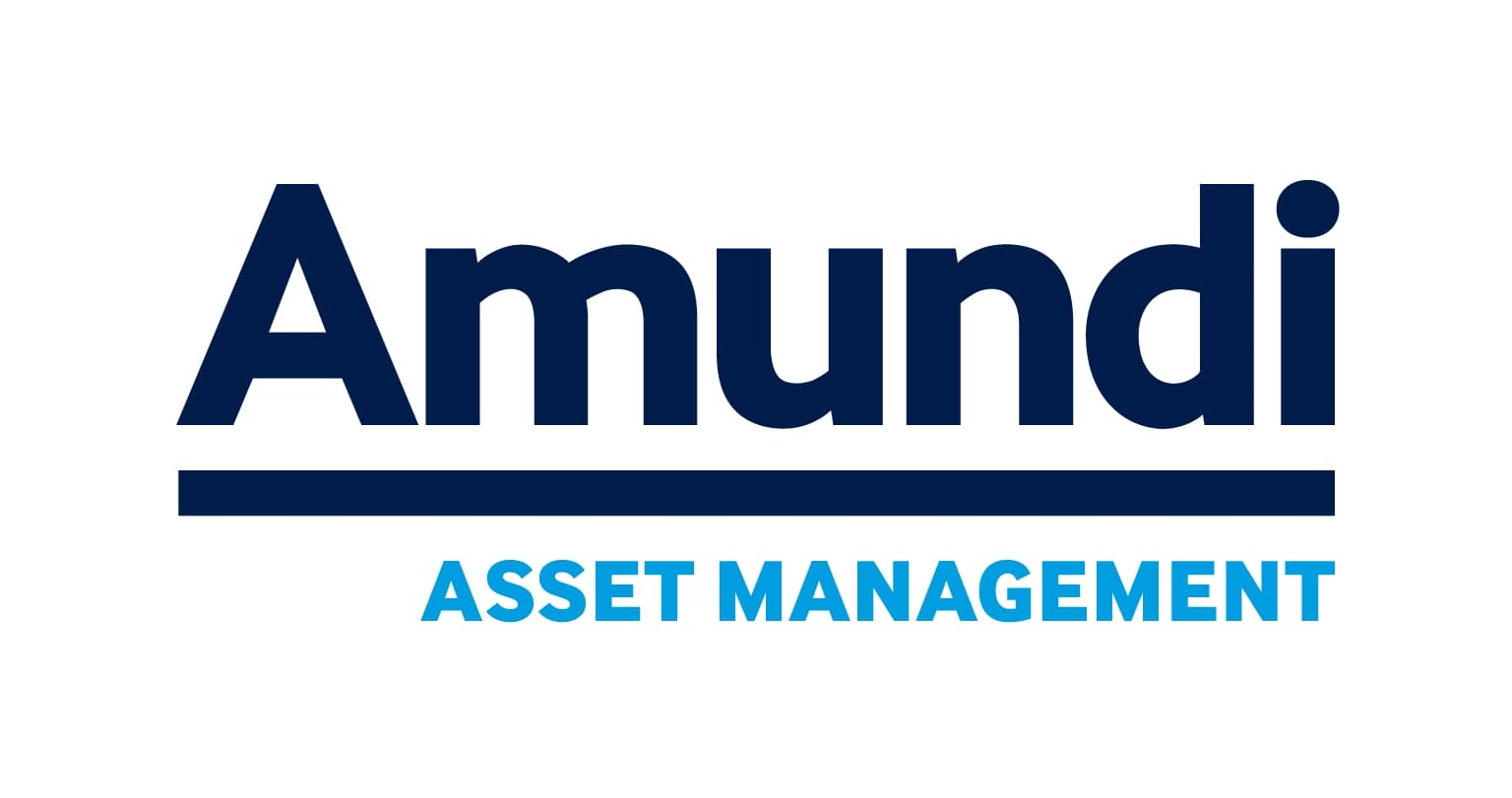ETFS Multi-Asset Weekly – Markets capitulate but a respite is in sight
Highlights
• Oversupply pulls oil benchmarks to their lowest in 3 months.
• Chinese authorities show determination in arresting market capitulation.
• Commodity currencies depreciate on commodity market correction.
We are unlikely to see an end to Greek saga this week, dramatic or otherwise. The deal announced this morning still needs to be approved by the Greek parliament. Given the staunch opposition to further austerity and rigorous monitoring we are likely to see further rounds of arduous negotiations. Chinese equities capped losses with 2 days of positive trading toward the end of last week, but the negative sentiment around the country’s performance has weighed on commodity prices as China remains the largest consumer of almost all commodities.
Commodities
Oversupply pulls oil benchmarks to their lowest in 3 months. Rising rig counts in the US, continued increase in OPEC oil production and a general lack of investment cuts by producers has kept global oil supply elevated. As we have long argued, the rebound in oil prices since March was unsustainable without supply cuts. In the past week WTI has fallen by 7.3% and Brent by 5.6%. These price declines are necessary to motivate producers to reduce output and move the market closer to balance. The International Energy Agency this week projects that the rebalancing process will extend well into 2016. Iranian nuclear discussions have seen another deadline missed without a final verdict but talks continue to press on. If sanctions against Iran are successfully lifted, more oil supply is likely to hit the market next year, making the job of cutting back on production elsewhere that more pressing.
Equities
Chinese authorities show determination in arresting market capitulation. After falling 35% between 12th June and 7th July, MSCI China A-Shares rose 5.8% on the 8th and 4.5% on the 9th July. One of the factors driving the initial fall was a tightening on margin financing. However, with the sharp decline in prices, the central bank used the China Securities Finance Corp, the state agency responsible for margin financing loan services to qualified securities companies, to inject funding into the equity market. Additionally the Chinese authorities are investigating claims of “malicious” short selling. The broader slowdown in economic growth in China is likely to be met with further interest rate cuts and other measures to ensure ample access to financing. The government has considerable resources to see that its reform agenda is not derailed by financial market woes or a sharp slowdown in the economy. The equity market will likely respond positively to the deployment of further easing.
Currencies
Commodity currencies depreciate on commodity market correction. Australian Dollar (AUD) fell 2.7%, Norwegian Krone (NOK) fell 2.0% and New Zealand Dollar (NZD) fell 1.5% against the US Dollar as commodity fell sharply in the week. While oil prices may fall further to drive the necessary rebalancing of supply, other commodities are likely to rebound as prices are currently divorced from fundamentals. In the near-term NOK will continue to feel the pressure of lower oil prices, but AUD and NZD are likely to benefit from China’s expansionary policies that will likely lift the excessively negative sentiment in other cyclical commodities. The Bank of Canada will have a policy meeting this week. Economists surveyed by Bloomberg show 14 expect a cut while 13 expect rates to be maintained. Given the divided opinion, we believe CAD could be a key mover this week.
For more information contact:
ETF Securities Research team
ETF Securities (UK) Limited
T +44 (0) 207 448 4336
E info@etfsecurities.com
Important Information
General
This communication has been issued and approved for the purpose of section 21 of the Financial Services and Markets Act 2000 by ETF Securities (UK) Limited (”ETFS UK”) which is authorised and regulated by the United Kingdom Financial Conduct Authority (”FCA”).
Investments may go up or down in value and you may lose some or all of the amount invested. Past performance is not necessarily a guide to future performance. You should consult an independent investment adviser prior to making any investment in order to determine its suitability to your circumstances.

 Nyheter4 veckor sedan
Nyheter4 veckor sedan
 Nyheter3 veckor sedan
Nyheter3 veckor sedan
 Nyheter4 veckor sedan
Nyheter4 veckor sedan
 Nyheter3 veckor sedan
Nyheter3 veckor sedan
 Nyheter3 veckor sedan
Nyheter3 veckor sedan
 Nyheter2 veckor sedan
Nyheter2 veckor sedan
 Nyheter3 veckor sedan
Nyheter3 veckor sedan
 Nyheter2 veckor sedan
Nyheter2 veckor sedan






















